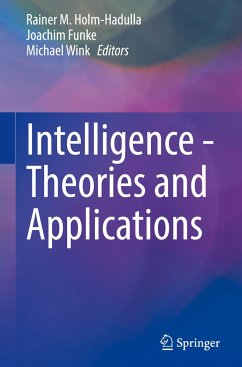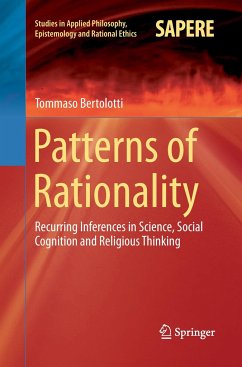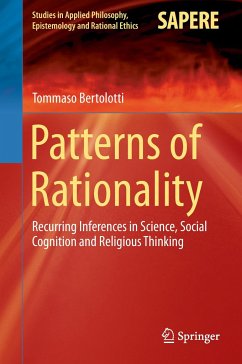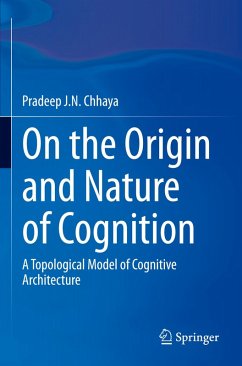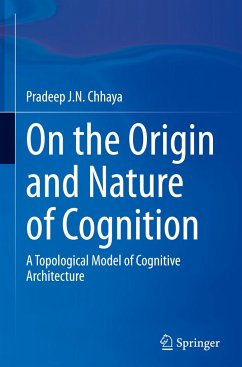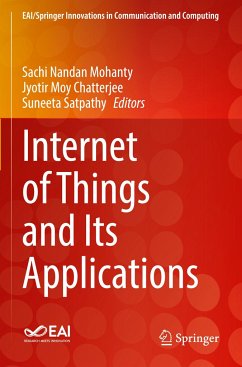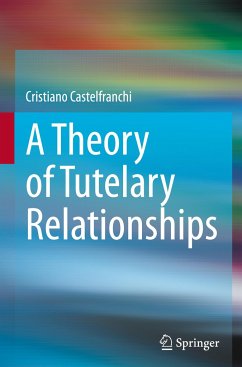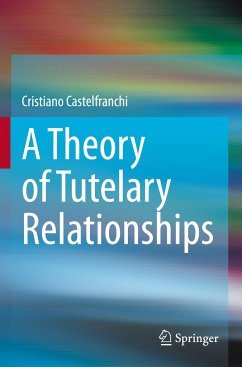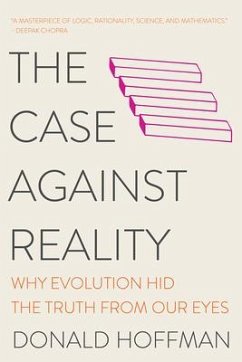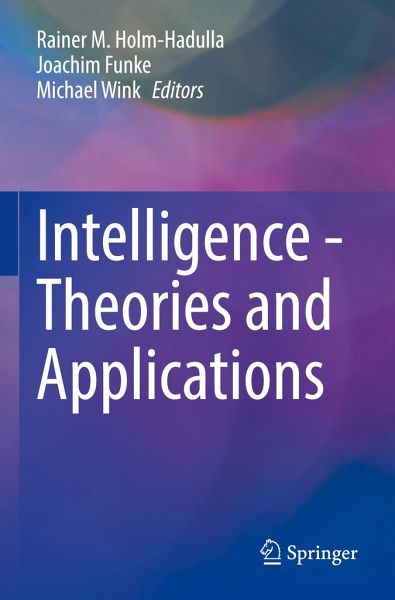
Intelligence - Theories and Applications
Versandkostenfrei!
Versandfertig in 6-10 Tagen
129,99 €
inkl. MwSt.

PAYBACK Punkte
65 °P sammeln!
Intelligence allows people to understand events and to shape their surrounding environment. This book delves deeper into the theories and applications of intelligence, showing it is a multifaceted concept -defined and explained differently by prestigious experts of various disciplines in their own research. The book provides interdisciplinary connections of intelligence as it relates to a variety of clearly outlined subject areas, and should lead to a deep understanding of the phenomenon as it pertains to practical applications in different domains.Contributors in this volume present results f...
Intelligence allows people to understand events and to shape their surrounding environment. This book delves deeper into the theories and applications of intelligence, showing it is a multifaceted concept -defined and explained differently by prestigious experts of various disciplines in their own research. The book provides interdisciplinary connections of intelligence as it relates to a variety of clearly outlined subject areas, and should lead to a deep understanding of the phenomenon as it pertains to practical applications in different domains.
Contributors in this volume present results from evolutionary biology, mathematics, artificial intelligence, medicine, psychology, cultural studies, economy, political sciences and philosophy. Individual scientific models are integrated in an interdisciplinary concept of wisdom. This volume will help enhance the common understanding of intelligence for fellow researchers and scientists alike.
Contributors in this volume present results from evolutionary biology, mathematics, artificial intelligence, medicine, psychology, cultural studies, economy, political sciences and philosophy. Individual scientific models are integrated in an interdisciplinary concept of wisdom. This volume will help enhance the common understanding of intelligence for fellow researchers and scientists alike.





